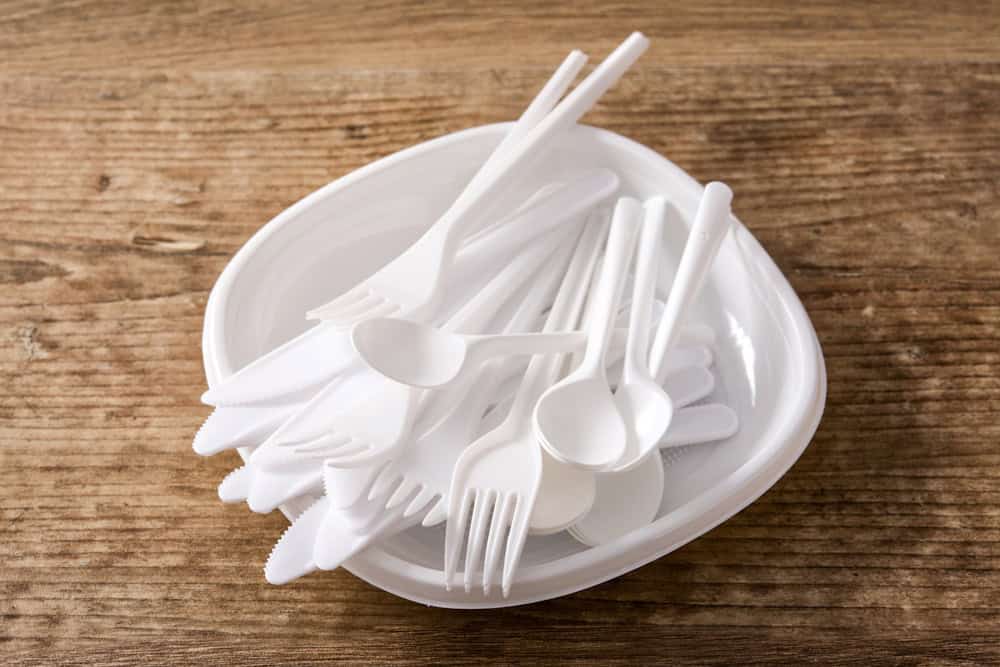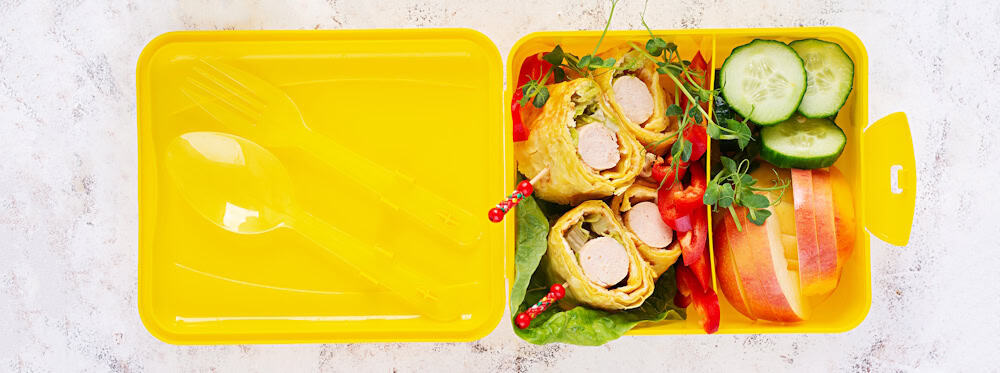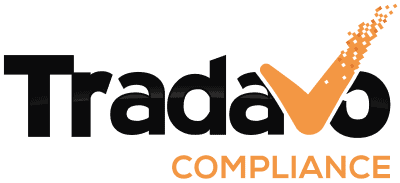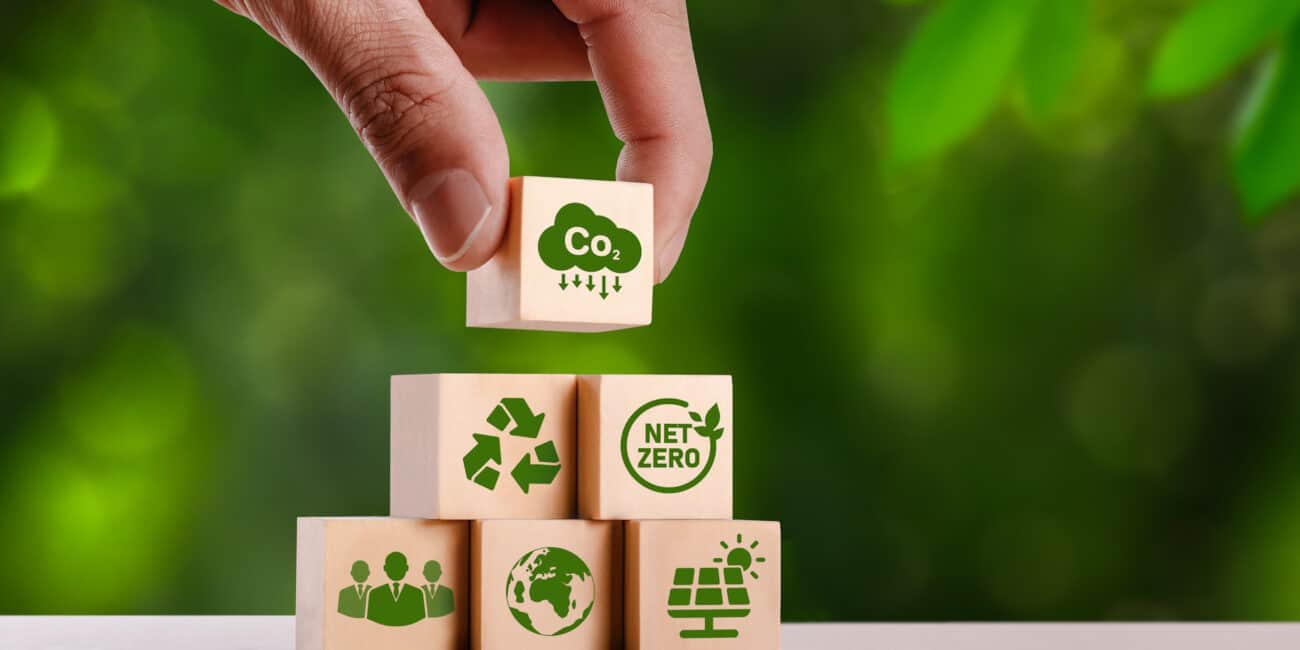Single-use plastic products
Plastic is everywhere: in packaging, everyday objects, and in shipping. For the longest time, plastics were the material of choice. But the effects on the environment and human health are immense. This is why the EU is intervening: Having decided to combat single-use plastic products, the European Union passed the “Single-Use Plastics Directive” (SUPD).
For Amazon sellers, this means new regulations, new labeling obligations, and clear prohibitions. At the same time, many are uncertain, in particular in regard to the question which products are affected and which are not. This blog post provides clarification.
What is the EU Single-Use Plastics Directive (SUPD)?
The EU Directive 2019/904 was adopted on June 5, 2019, focusing on the reduction of single-use plastic products and their environmental impact. It is part of the European Green Deal and the circular economy strategy. The objective is to reduce the amount of plastic waste, in particular in the oceans, and to promote sustainable alternatives.
A single-use plastic product is defined as:
“a product that is made wholly or partly from plastic and that is not conceived, designed or placed on the market to be re-used or recycled for the same purpose for which it was conceived.”
The regulation affects:
- distributors of certain unpacked goods (wet wipes, balloons and tobacco products).
- distributors of certain packaging containing plastics (food containers (“to-go”), bags and wrappers made of flexible material, beverage containers with a capacity of up to 3 liters, beverage cups, lightweight plastic carrier bags).
- distributors of fireworks (as of 2026).
This Directive has to be transposed into national law by the member states. In Germany, this was done by way of the Single-Use Plastics Ordinance (Einwegkunststoffverbotsverordnung, German only) and the Single-Use Plastic Marking Ordinance (Einwegkunststoffkennzeichnungsverordnung, German only).
Plastic products for single use
Since July 3, 2021, certain single-use plastic products may no longer be placed on the market, including:
- single-use cutlery (forks, knives, spoons, chopsticks)
- single-use plates
- straws
- beverage stirrers
- cotton bud sticks (except for medical purposes)
- balloon sticks
- food containers made of expanded polystyrene (e.g., polystyrene boxes)
- beverage cups made of expanded polystyrene
- products made of oxo-degradable plastic

Attention:
These products may no longer be sold or placed on the market since the regulation has come into force, neither in store trading nor via online marketplaces such as Amazon.
Please note: So-called “bio-based” plastics (e.g., PLA) are not automatically considered to be reusable; they are subject to the prohibition if they are intended for single use only.
What is not affected?
This is the part that is most important for many Amazon sellers: The prohibition does not cover any and all plastic products.
For example, it does not affect:
- reusable products, even if they are made of plastic (e.g., Tupperware, high-quality bento boxes, lunch boxes, beverage cups)
- packaging other than single-use plastic food containers
- bags and wrappers that do not contain food
- Medical products made of plastic for reasons of hygiene
Example: A plastic lunch box is not subject to the prohibition, provided that it is intended for reuse and this is indicated in the product description.
Tip: Point out that your product is reusable in your Amazon listing. Labels such as “reusable” or “durable” are helpful in this respect.

What is oxo-degradable plastic?
Oxo-degradable plastics are conventional plastics (usually polyethylene or polypropylene) with metalliferous additives such as cobalt, iron or manganese. Due to these additives, the plastics degrade more quickly under the influence of oxygen, UV radiation and heat.
But there is a problem:
This is not the same as biological decomposition, but merely fragmentation into microplastics. The material disintegrates into microscopic particles, but it is not entirely broken down by microorganisms.
Why are these plastics prohibited?
- They increase microplastics pollution because they degrade, but do not biologically decompose.
- They impede recycling processes because they contaminate the usual plastics streams.
- The alleged “environmentally friendly” effect is misleading and has since been scientifically disproved.
What does this mean for your Amazon listings?
1. Observe sales bans:
If you are offering products included in the catalog of prohibited products, you have to delist them immediately. Violations can result in warnings, fines, and even the closing of your Amazon account.
2. Check labeling obligations:
Some products that are still permitted are subject to labeling obligations. This includes:
- hygiene pads and tampons containing plastics
- wet wipes
- tobacco products with plastic filters
- beverage cups containing plastics
These products have to be equipped with a standardized EU pictogram that indicates the plastics content and the correct disposal.

3. Adjust listing texts:
Clearly label your products as reusable or recyclable, if they are not subject to the prohibition. This builds trust, not only with Amazon, but with your customers as well.
Implementation in Germany: The relevant laws
Single-Use Plastics Ordinance (EWKVerbotsV)
This ordinance prohibits placing the products specified above on the market since July 2021.
Single-Use Plastic Marking Ordinance (EWKKennzV)
This ordinance deals with the labeling obligations. If you are selling products such as wet wipes or beverage cups, you have to label them accordingly.
Frequently asked questions of Amazon sellers
Does my plastic packaging count as single-use plastic?
So far, the Single-Use Plastics Ordinance only applies to certain single-use plastic products, including, in particular, single-use plastic food containers and bags and foil wrappings containing food. Common plastic bags used to protect clothing or other non-food products in mail-order businesses, for example, are not subject to the Ordinance.
Will I need to change my product packaging?
If you are still selling products with single-use plastic packaging made of oxo-degradable plastics: Yes, definitely!
What happens in the case of a violation?
Depending on the severity, fines in an amount of up to EUR 100,000 may be imposed. Amazon may furthermore block your listings, initiate recalls or restrict your visibility.
What alternatives do I have?
You can, for example, use the following materials:
- paper & cardboard (e.g., with FSC certification)
- glass
- stainless steel
- sugar cane, palm leaves, corn starch
A short checklist
- Check materials: Does your product or part thereof contain oxo-degradable plastics?
- Check intended use: Is it intended for single use or for reuse?
- Check labeling obligations: Are you required to label your product?
- Contact manufacturers: Ask for information on materials used and certificates
- If necessary, adjust your listing or replace the product
Some practical advice for you as a seller:
- Make your listing transparent: Clearly point out reusability
- Use reusable packaging, also for FBA
- Use product images that contain mentions such as “reusable” or “plastic-free”
- Offer sets, e.g., reusable cutlery in a case
- Work with suppliers of environmentally friendly packaging
- Use QR codes with information about disposal or sustainability
- Communicate your responsibility, your customers will be grateful
Conclusion: It is not just about laws, it is about responsibility
The prohibition of single-use plastics in the EU is more than a regulatory measure. It is an important step on the way towards a more sustainable future. For you as an Amazon seller, it means that you will have to put in some work, but it also offers a great opportunity.
One thing is certain: Consumers increasingly care about sustainability. If you establish your position as a sustainable supplier early on, you will benefit in the long run.
You should see the Directive as a stepping stone—for better products, more transparent communication and a truly sustainable business model.
And remember: Not everything that looks like single-use is prohibited. But everything that is prohibited will eventually have consequences, for your customers and for your business.
We at Tradavo can help you
Do you need assistance to ensure that your products are legally compliant? Our experts at Tradavo will be happy to help you. Please do not hesitate to contact us for a non-committal initial consultation right away.
You need assistance?
Who wrote this article?
As an author, Christina fills the blog section of our website with exciting and informative articles, so that our readers can always take care of product compliance in their company in the most well-informed way.




